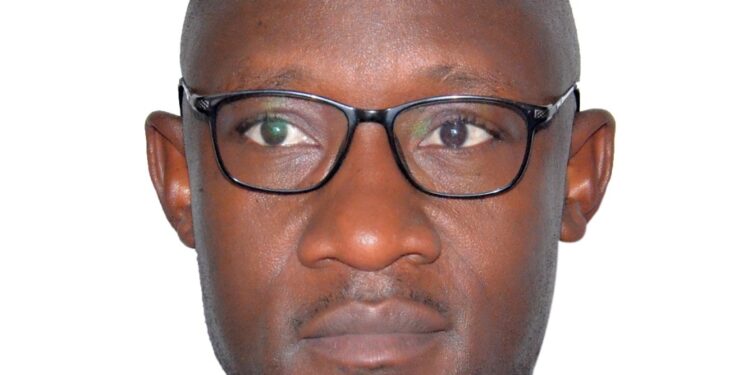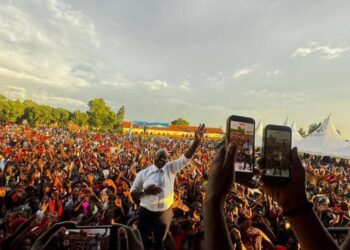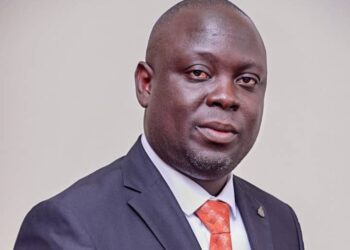The World Meteorogical Organisation (WMO) defines climate change as a change in the statistical distribution of weather patterns that persists over an extended period of time ranging from decades to millions of years. The Karamoja Subregion is one of the areas in Uganda experiencing changing weather patterns . For instance, from November to March, the region faces scorching temperatures of 28 degrees Celsius – 35 degrees Celsius, leading to drought.
The increase in temperatures destroys the crop fields and livestock which are the major livelihoods for the people of Karamoja, causing climate injustices. For example, cases of intimate partner violence during the drought period are a common phenomenon.
In Nabilatuk Subcounty, Nabilatuk District a woman shared, “ Last year, the drought was severe. The famine was so extreme that I never had enough food to cook for my husband. He would get annoyed, and one day he slapped and punched me.” Such climate injustices need to be addressed during the drought season. The increase in temperatures leads to food shortages in households, and some married men choose to leave home for extended periods, abandoning the women and children. Left alone, the women are denied their marital rights and often experience depression. Furthermore, the intermittent droughts impose heavy costs on the people in Karamoja. For example, in Nabilatuk town council, Nabilatuk district, prices for sorghum increase, making food prices rise.
During the intense hot months of January and February, dust increases and affects the eyes of children. When children are sick with eye problems, it implies that women have more workload walking long distances to take them to the health units for treatment.
As highlighted above, climate change increases vulnerability for the people of Karamoja and injustices. However, they have limited adaptive capacity, putting them at risk of harm. The question remains: who is responsible for addressing the Climate change injustices, the victims, the State, or non-state actors?
Author: Ayub Mukisa (Ph.D.), is the Executive Director for Karamoja Anti Corruption Coalition (KACC). Email: ayubmukisa@gmail.com
Do you have a story in your community or an opinion to share with us: Email us at editorial@watchdoguganda.com














